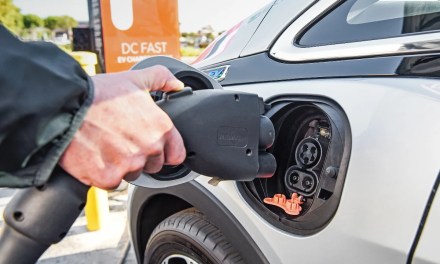More than 90% of new energy vehicles (NEVs) in China will continue to receive tax breaks on purchases, according to new technical requirements published by the country’s Ministry of Industry and Information Technology. The move is aimed at boosting the use of electric and hybrid vehicles in China, which is the world’s largest auto market.
Under the new technical requirements, NEVs will be eligible for purchase tax exemptions from 2024 if they meet certain criteria. Pure electric cars must have a driving range of at least 200 kilometers per charge, while plug-in hybrid cars need to be able to run for at least 43 kilometers on electricity. These requirements are aimed at ensuring that NEVs are capable of longer trips without needing to be recharged.
To further encourage the adoption of EVs, the ministry’s statement says that NEVs with a range attenuation rate of no higher than 35% under low temperatures will also be eligible for the tax breaks. This means that EVs can maintain their range in colder weather, an important factor for China’s harsh winters.
Another notable provision is the inclusion of battery-swappable EVs. Such EVs, which allow drivers to swap out depleted batteries for fully charged ones at roadside stations, will also be eligible for the purchase tax exemptions.
The new technical requirements represent a continuation of China’s efforts to support the growth of the NEV market. In June of this year, the country announced a massive 520 billion yuan ($72.41 billion) tax break package for EVs and other green cars over a four-year period. The package includes tax exemptions for NEVs, as well as subsidies for buyers of other green cars, such as fuel cell vehicles.
The aim of these measures is clear: China wants to reduce its dependence on fossil fuels and improve air quality in its cities. The country is already the world’s largest market for electric and hybrid vehicles, and it aims to have NEVs account for 25% of all vehicle sales by 2025.
China’s decision to continue tax breaks for NEVs is a positive step toward ensuring the country meets its ambitious goals for reducing emissions and improving air quality. The new technical requirements should encourage automakers to produce more EVs that meet the criteria, thereby increasing consumer choice and accessibility.
Combined with the massive tax break package announced earlier this year, it’s clear that China is serious about promoting the use of green cars. With the world’s largest auto market, the country has considerable influence over the global auto industry. If China’s efforts to promote NEVs prove successful, we could see a significant shift toward electric and hybrid vehicles worldwide.






